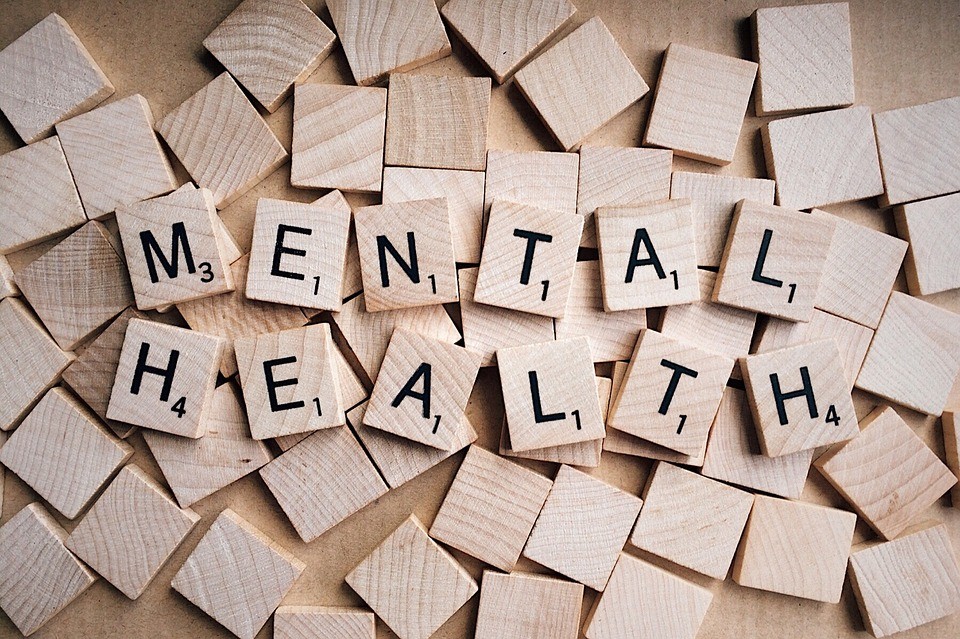More action needed to combat self-harm, researchers urge
A new has urged more clinical, public health and policy action to address the pressing issue of self-harm.
The report, led by researchers from the Universities of Bristol, New South Wales, Glasgow, and Ұ������ and involving an international team of experts, is published today9/10/24).
Self-harm remains neglected worldwide. There are at least 14 million episodes every year, with the greatest number in low- and middle-income countries (LMICs).
It is defined as instances of people hurting or injuring themselves intentionally, regardless of the reasons.
However, shame and stigma can often stop people from seeking help. Self-harm can occur at any age but is most common in young people and is increasing in this group. Self-harming behaviour leads to an elevated risk of death by suicide. People attending health services only represent the ‘tip of the iceberg’ for self-harm.
It was great to be part of the team which produced this Commission. I’ve been working in services for self-harm for 30 years but what was striking for me with this piece of work was the integration of mental health and public health with global, indigenous, and lived experience perspectives
The Commission makes a number of recommendations that could change the experience of people who have self-harmed for the better.
They include suggestions for more compassionate and effective delivery of health and social care services as well as whole of government approaches to address the causes of self-harm and reduce stigma.
The commission also highlights the necessity of seeing self-harm through a global lens, responsible handling of the topic of self-harm in all types of media, and the involvement of people with lived experience in designing and delivering care.
Prof Nav Kapur, Professor of Psychiatry and Population Health at the University of Ұ������ has helped lead a number of NICE guidelines on self-harm and suicide prevention. He co-led the Commission with Professors Paul Moran, Helen Christensen and Rory O Connor. The report includes over 40 authors from around the world.
Prof Kapur said: “It was great to be part of the team which produced this Commission. I’ve been working in services for self-harm for 30 years but what was striking for me with this piece of work was the integration of mental health and public health with global, indigenous, and lived experience perspectives”.
